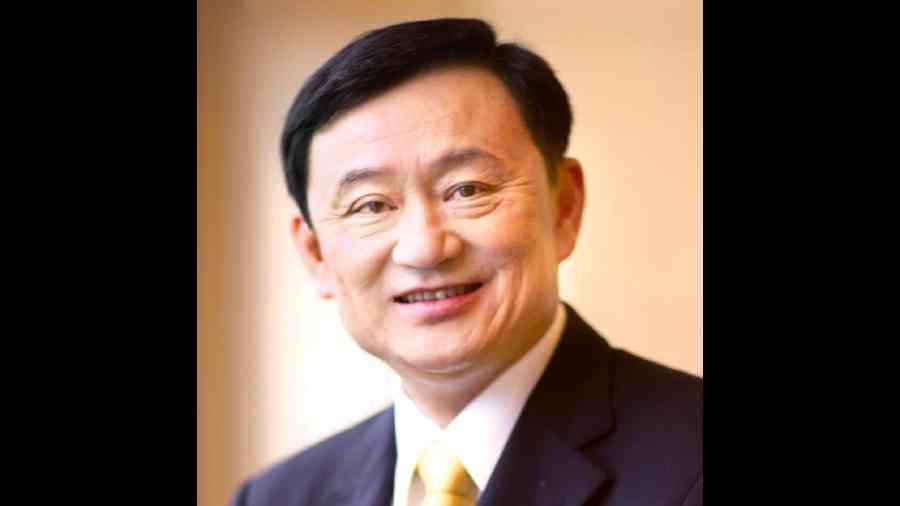For close to two decades, the military and conservative establishment in Thailand has sought to keep former Prime Minister Thaksin Shinawatra and his supporters out of power. Thaksin, a populist politician and a business tycoon, was ousted in a coup in 2006 before he fled the country. Several years later, his sister succeeded him as Prime Minister and then suffered the same fate.
Now, conservatives are watching warily as his political party looks set to dominate next month’s election. The party’s star campaigner: Paetongtarn Shinawatra, Thaksin’s youngest daughter and a strong contender for Prime Minister.
With a formidable last name but little in the way of political experience, Paetongtarn, 36, has revived the prospect of her father’s return from exile and the resurgence of the most politically polarising dynasty in Thai politics. Critics have tried to seize on her family’s past scandals — and on her current pregnancy, eight months along — but she has galvanized crowds during campaign events and fueled nostalgia for her family’s legacy.
Paetongtarn’s rise has stirred concerns that if she were elected, Thailand might return to the political instability that characterised the terms of her father and aunt, both of whom faced opposition from the military. Questions have dogged her campaign: What are her credentials besides her family name? Would she prioritize ending her father’s exile?
Jatuporn Prompan, a longtime ally of Thaksin’s, now estranged, said the candidacy of his daughter is a reflection of “how Thaksin thinks, that he doesn’t trust anyone but his family”.
“She will face tremendous pressure from the opposition, be scrutinized and criticised,” Jatuporn said. “ Thaksin shouldn’t do this to his children.” It remains unclear if Paetongtarn, a deputy chief executive of a family-run hotel management company, will ultimately get the top job. Pheu Thai, the party founded by her father, has named two other candidates for Prime Minister in addition to her: a real estate mogul and a former attorney general.
It is likely that the 250-member military-appointed Senate, which ultimately votes for the Prime Minister, would resist choosing the daughter of a longtime nemesis. She also faces a challenge from the Move Forward Party, a progressive party that has appealed to the young.
But there is no disputing that Thaksin’s political brand continues to be a force to be reckoned with in Thailand.
Since 2001, the political parties he founded have consistently won the most votes in every election. (Pheu Thai is the third incarnation of Thaksin’s party after the previous two were dissolved.) Many Thais still recall fondly his populist agenda, in particular his $1 health care programme and the disbursement of loans to farmers when he was Prime Minister from 2001 to 2006.
“The whole sense of caring for the poor and the downtrodden and the ability of Thaksin to communicate in a simple Thai language to the 47 million Thai people — the have-nots — there has not been any Thai politician that has been able to give an alternative,” said Kasit Piromya, a former foreign minister who later became an outspoken critic of Thaksin.
New York Times News Service










